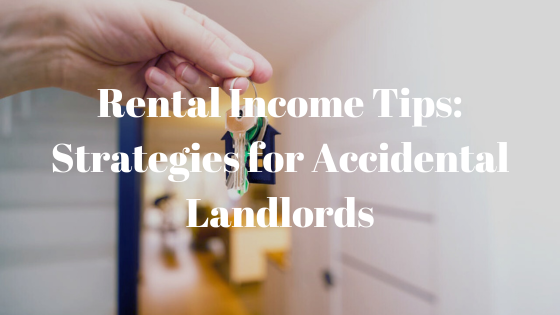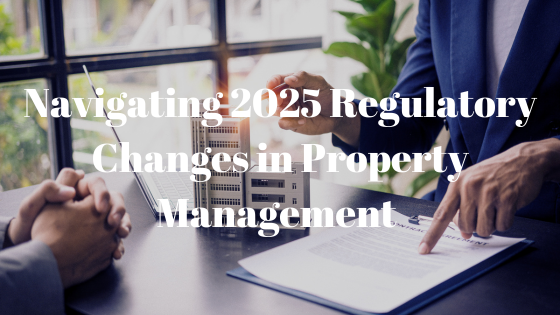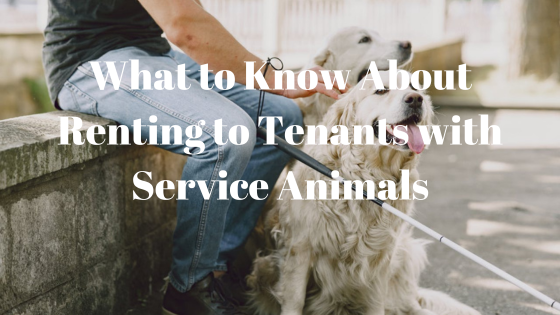Best Features of a Profitable Rental Property
Investing in real estate is a great option. If done properly it can provide you with a steady return on your investment and help diversify your investment portfolio. Not to mention it can appreciate in value.
Of course, these are just but a few of the benefits you can enjoy by owning a rental property in Charlotte, NC. There are more!
Although, owning a rental property in itself isn’t a sure guarantee of success. Just like any other investment, it’s important to tread cautiously to avoid getting caught in any traps.
Among these traps are failing to ascertain the viability of your investment. The only way to know that your rental property will be profitable is by looking at its features. The right features will make it easy to find and maintain good tenants.
In this article, you’ll learn the 10 signs of a profitable rental property. Let’s get started!
1. The Neighborhood
It’s real estate 101- location, location, location. When it comes to real estate, location is everything. It can make or break your business, and it can make the difference between a feast and famine.
So before buying rental property in a certain area, get to know it. You want to make sure you choose a neighborhood that is enticing for future renters.
What makes a for a good neighborhood, though? Well, a good neighborhood is safe and inviting, is near public transit, shopping centers, parks, and schools.
You also want to look at the neighborhood’s vacancy rates. Do many rentals in the area appear to be vacant? If so, it can be a sign of trouble. Instead, if many of the rentals appear to be occupied, then it means you’ll have a good chance of leasing your property.
2. Your Budget
Buying a real estate investment in Charlotte, North Carolina is a great financial undertaking. As such, you have to run your numbers before buying one, to see how much of the investment you can really afford.
By determining your budget you’ll be able to figure out how much money you have to divide between your monthly, emergency, and mortgage expenses (if applicable).
Going off those numbers, you can find a property that fits within your budget. Make sure not to go over your budget; you don’t want to run out of money in the long run.
3. The Property’s Condition
A prospective renter will be more likely to have an interest in your property if it is rent-ready. Buying a fixer-upper can have many downsides. For one, you will not be earning an income until the property is fixed.
Secondly, the cost of the repairs can easily escalate if unforeseen issues occur. What you initially thought will cost you a few hundred bucks may end up costing you a lot more.
Buying a rent-ready property, on the other hand, means that the property is ready for occupation the moment you buy it. There will be no demolishing, no painting and no maintenance work.
4. Good Schools
Another key indicator of a rental property’s potential profitability is the availability of highly rated schools. It’s the dream of many parents to give their children the best education possible.
The presence of good education facilities greatly determines whether a neighborhood is favorable to rent in or not. So, when choosing your rental investment, seriously consider the nearby education facilities. You can talk to locals to see how they view their local schools.
5. Tenants’ Safety
This is a no brainer. Everyone wants to live in a secure neighborhood where crime rates are low or simply non-existent.
Your Charlotte tenants have the right to live in a safe home, free from health hazards and dangerous criminal activity. If you fail to provide your tenant with a safe place to live, you could be in breach of contract. Do some research on the crime stats of the neighborhood at the local police station or community library.
As such, always consider the safety of a neighborhood when buying a property. You should check for things like street lighting, patrol police presence, and proximity to sheriff departments.
6. The Rental Price
Familiarize yourself with the average rent price of similar units in the neighborhood you intend to buy. By confirming the average rent you can estimate if it’s enough to pay off your mortgage, monthly expenses, and emergency expenses.
In an ideal world, the rent should be able to cover your property expenses so that you’re left with a profit at the end of the month.
7. Kitchens and Bathrooms
Kitchens and bathrooms usually provide the greatest “wow” factor when prospective renters are viewing a property. By taking advantage of this information you can help your property rent faster.
So before buying a property, inspect these two rooms. In the kitchen, make sure the appliances, cabinets, and countertops are in good condition. And, in the bathroom, make sure the tiles, hardware, and showerheads are properly maintained. If too much work has to be done, it may not be a profitable real estate investment.
8. Property Taxes
Before you invest in a property, educate yourself on the area’s property taxes. A profitable rental investment will have rational property taxes that will not eat up your profits. If you’re looking for information on the area’s property taxes, you can simply visit the local assessment office for accurate data.
On a side note, learn about the rental expenses you can deduct from your taxes to help improve your profit margin.
9. Insurance
You will need to buy insurance for your new rental property. While this may not be a significant expense, you should think about the risk factors associated with the neighborhood you are investing in.
If the area is located in an area prone to natural disasters like earthquakes, hurricanes, and floods – then you’ll likely have to pay more. This may eat into your rental income.
10. Parking
This is a great feature to have if you are considering buying a property in a city. For city dwellers, the availability of a parking spot is a luxury that is worth paying for.
Even if your tenant doesn’t require it, you can use an included place to your advantage and rent it out for an additional income.
Investing in the right rental property can be hugely rewarding. Keep these 10 features in mind when buying an investment property in Charlotte, NC. Take the time to go through this checklist to ensure the success of your real estate investment. Although only 10 features are listed, there are other features that can increase the profitability of a rental property.











